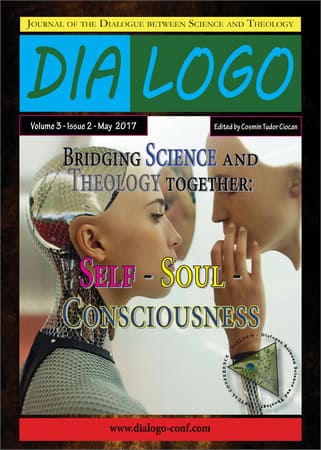Self and Soul, from Logic to Experience
Self and Soul, from Logic to Experience
Author(s): Bruno MarchalSubject(s): Philosophy, Theology and Religion, Philosophy of Mind, Philosophy of Religion, Philosophy of Science, Psychology of Self
Published by: EDIS- Publishing Institution of the University of Zilina
Keywords: self; self-reference; Theaetetus; knowledge; true opinion; soul; mystic; theology; immortality; salvia divinorum;
Summary/Abstract: We explain in brief terms the discovery of the third-person self in computer science. We explain how the incompleteness phenomenon makes consistent, natural, and non-trivial the definition of knowledge given by Theaetetus (Plato), and we make use of it to define a first-person knower, which, as I have suggested in previous papers (Marchal 2007, 2015a) is a good candidate for the soul. This invites us to attach a notion of a soul to the machine canonically. We justify that the soul of the classical universal machine knows already that she is *not* a machine, and can assess some antic argument in favor of the immortality of the soul. We end by looking if a personal experience can corroborate this, and in which sense could a human or a machine experience its immortality, and what could that mean.
Journal: Dialogo
- Issue Year: 3/2017
- Issue No: 2
- Page Range: 187-197
- Page Count: 10
- Language: English

